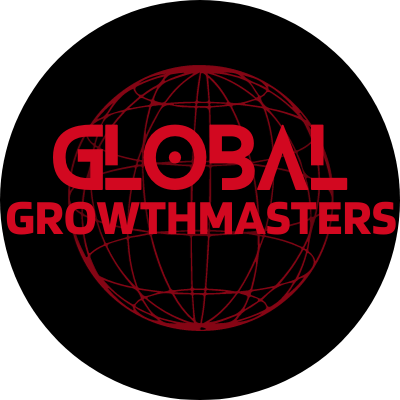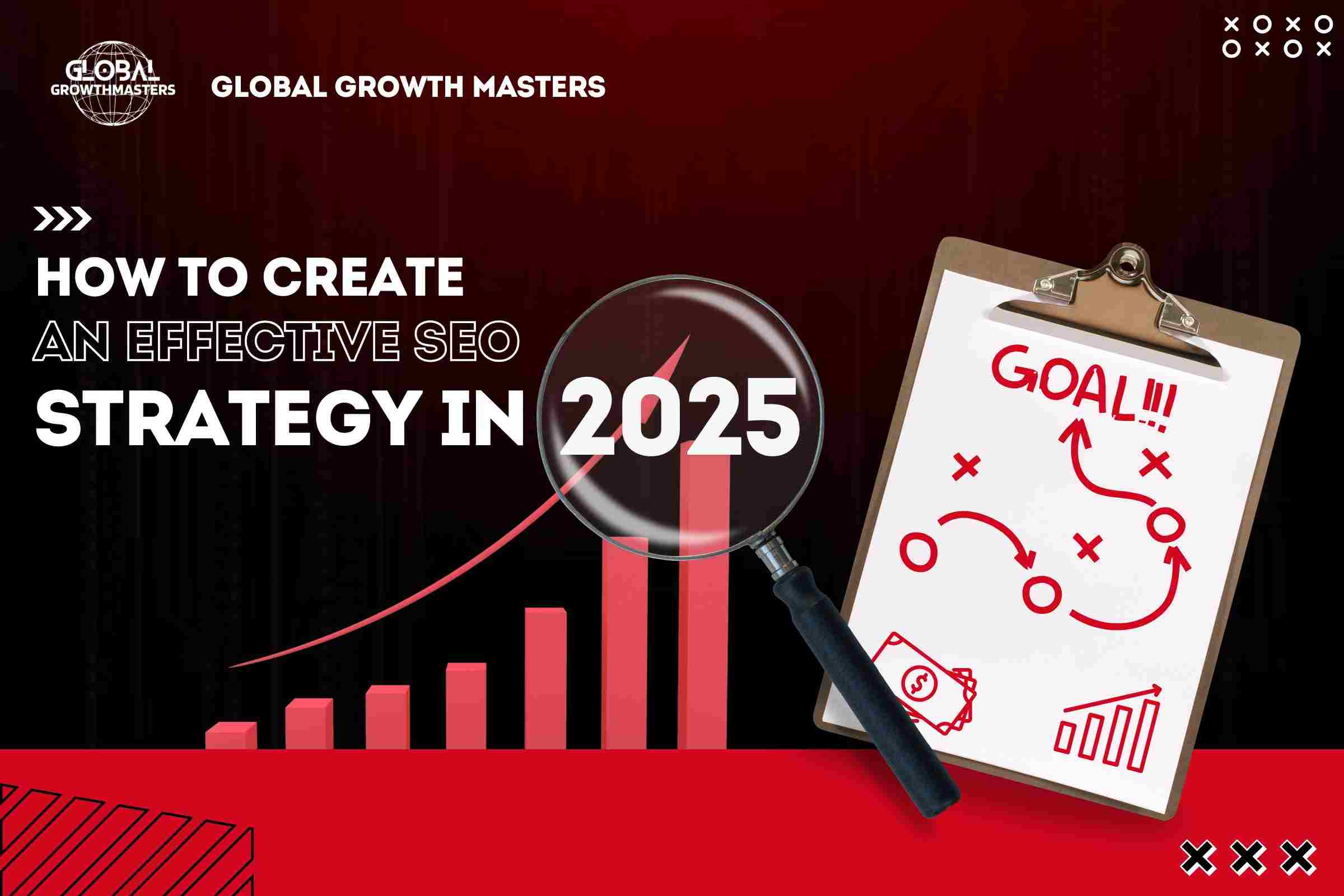In 2025, SEO is more important than ever for businesses to thrive online. As search engines continue to evolve, so do the strategies that help websites rank higher. Whether you’re a business owner or an SEO expert, staying ahead of the game with the right techniques is crucial. This blog will provide you with an in-depth look at how to create an effective SEO strategy in 2025, covering keyword research, on-page SEO, technical SEO, off-page SEO, and advanced SEO techniques. Plus, we’ll discuss how data analytics, powered by Python, can take your SEO efforts to the next level.
1. Crafting Success with Keywords: Building a Strong SEO Foundation

Effective SEO starts with robust keyword research. Understanding the keywords your audience is searching for and creating content that answers those queries is the core of a successful strategy. In 2025, keyword research tools are more sophisticated, offering insights into search intent, competition, and trends. The aim is to target keywords that drive organic traffic and conversions, while also maintaining a natural keyword density on your page.
For example, when aiming for top Google ranking in 2025, businesses should focus on long-tail keywords and semantic search terms. This allows you to rank for multiple related search queries and increases your chances of being discovered by your target audience. Integrating primary keywords like “Affordable SEO Services” and secondary keywords such as “search engine optimization agency” throughout your content will ensure your site is optimized for search engines and attracts the right visitors.
2. On-Page SEO Strategy in 2025
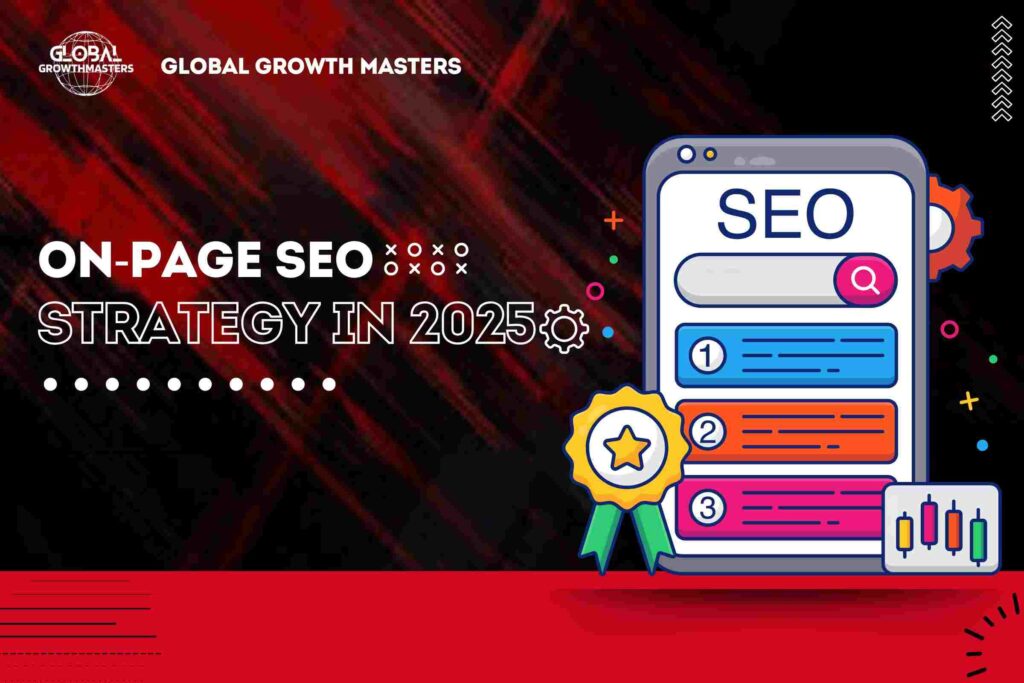
On-page SEO refers to all the actions you take within your website to improve its visibility and ranking. Below are the most important elements of on-page SEO in 2025:
High-Quality Content Creation
Content remains king in SEO, and in 2025, it’s all about creating high-quality, user-centric content that answers search intent effectively. Create content that informs, captivates, and delivers value to your audience.. Remember to create content that’s easy to read and structured with headers, bullet points, and relevant images.
Content Optimization
Content optimization involves tailoring your content to target the right keywords and make it more discoverable by search engines. This includes incorporating relevant keywords naturally into the text, as well as improving readability with concise language and short paragraphs.
Metadata Optimization
Metadata plays an important role in SEO. Optimizing title tags, meta descriptions, and meta keywords helps search engines understand what your page is about. Ensure your meta tags are clear, descriptive, and include the target keyword for better search engine visibility.
H1 Tag Optimization
The H1 tag is an essential on-page SEO element. It signals to search engines what the main topic of the page is. Make sure your H1 tag is descriptive and includes the primary keyword, such as “Affordable SEO Services” for your business.
Schema Markup Implementation
Schema markup enhances your website’s visibility in search results by helping search engines understand the content of your pages. In 2025, structured data will be more important than ever, helping to generate rich snippets that display additional information like ratings, reviews, and prices.
Snippet Implementation
A rich snippet can greatly improve your click-through rate (CTR). By optimizing your content for featured snippets, you make it easier for search engines to extract and display relevant information in search results.
Alt Text Optimization
Alt text plays a vital role in accessibility and SEO, guiding search engines to grasp the context of your images. Including descriptive alt text with your target keywords can give your content an additional SEO boost.
URL Structure Optimization
A well-structured URL is easy for both users and search engines to understand. Include your primary keyword in the URL, and keep it short, simple, and descriptive.
Anchor Text Optimization
Anchor text is the clickable, descriptive text used in a hyperlink. Optimizing anchor text with relevant keywords improves both the user experience and SEO. Use descriptive anchor text to guide users to relevant content on your site.
301 and 302 Redirects Optimization
Redirects ensure that users and search engines are properly directed to the correct page. Optimize 301 redirects for permanent page moves, and use 302 redirects for temporary changes. These small elements can significantly impact your SEO efforts.
Keyword Stuffing Checkup
Steer clear of keyword stuffing, as it can negatively impact your website’s ranking. Use keywords in moderation and ensure they fit naturally within the content. Keyword stuffing can lead to penalties from search engines, so it’s essential to maintain a balance.
3. Technical SEO Strategy in 2025
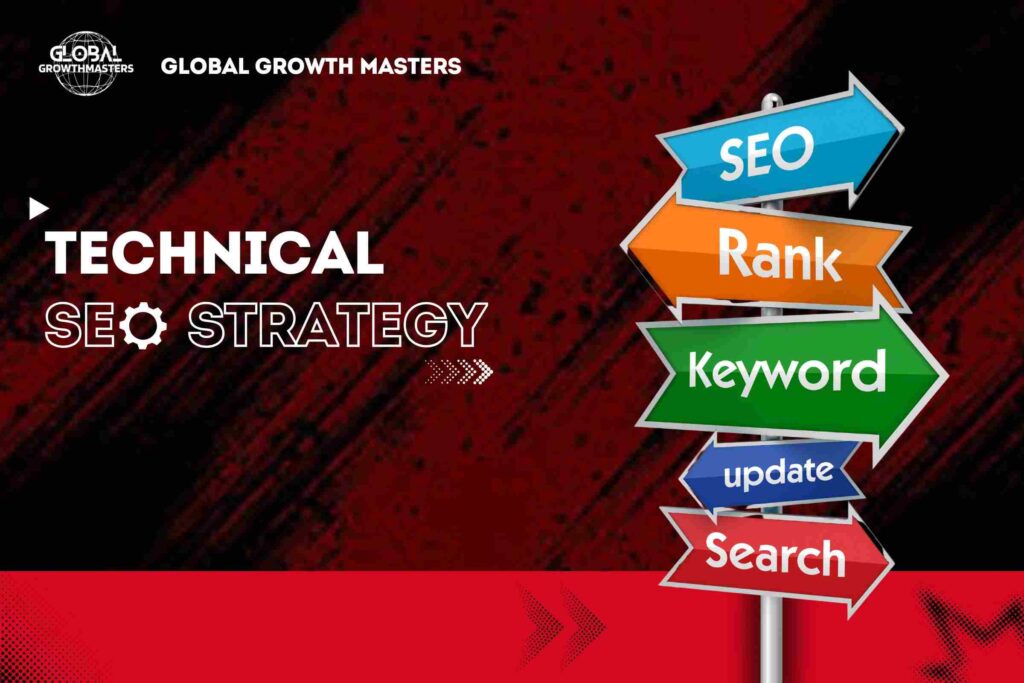
Technical SEO ensures your website is structured in a way that search engines can easily crawl and index it. Some crucial technical SEO factors to consider in 2025 are:
Page Speed Optimization
Page speed is a critical ranking factor. A slow-loading website can lead to higher bounce rates and a lower Google ranking. Optimize images, use content delivery networks (CDNs), and enable caching to speed up your website.
Robots.txt Optimization
The robots.txt file helps search engines know which pages to crawl and index. Optimizing this file ensures that search engines focus on the right pages and avoid unnecessary or duplicate content.
Sitemap Optimization
An optimized sitemap ensures that search engines can discover and index all important pages on your website. Regularly updating your sitemap is crucial for maintaining optimal SEO.
Crawl Budget Optimization
Every website is given a designated crawl budget by search engines. Optimizing your website structure and removing duplicate content ensures that search engines crawl and index your pages more efficiently.
Mobile Optimization
With mobile-first indexing, Google prioritizes mobile-friendly websites. Ensure your website is responsive and provides a seamless user experience on mobile devices.
Crawl and Indexing
Make sure search engines can crawl and index your website without any issues. Use tools like Google Search Console to monitor and fix any crawling or indexing errors.
4. Off-Page SEO Strategy in 2025
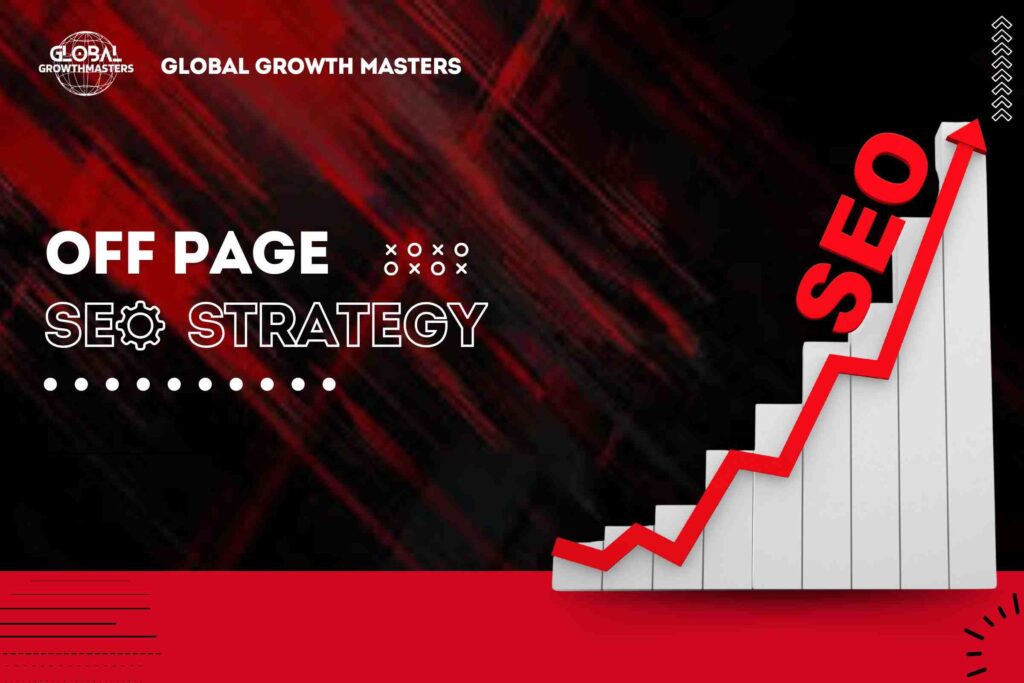
Off-page SEO involves external strategies to boost your website’s ranking.Key off-page SEO strategies in 2025 include:
Web 2.0 and High-Domain Authority Backlinks
Building high-quality backlinks from authoritative websites remains a powerful off-page SEO strategy. Focus on acquiring backlinks from reputable sources, such as guest posts and business directories.
Guest Posting
Guest posting allows you to publish articles on external websites with backlinks to your own site. This helps increase brand exposure, traffic, and backlink authority.
DoFollow Backlinks
DoFollow backlinks pass link equity from the referring site to yours. These are highly valuable for improving your website’s authority and ranking.
Authority Profile Creation
Creating profiles on high-authority sites like social media platforms, business directories, and forums can help build credibility and drive traffic to your website.
Directory Submission
Submitting your website to reputable online directories can boost your SEO efforts and increase your site’s authority.
Contextual Backlinks
Contextual backlinks are highly relevant and appear within the content of a website. These backlinks are more valuable because they come from related, high-quality sources.
5. Cutting-Edge SEO Techniques for 2025: Leveraging Data Analytics and Python for Next-Level Optimization
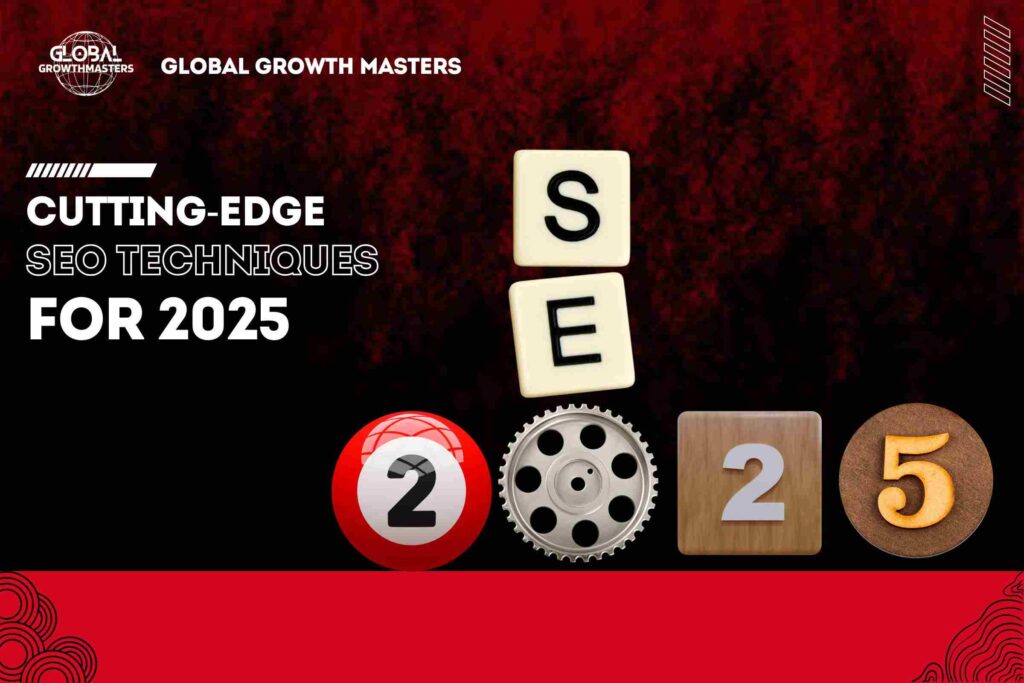
As SEO becomes more data-driven, leveraging analytics tools and technologies like Python can greatly enhance your strategy. Some advanced SEO tasks include:
Automated Sitemap Generation
With Python, you can automate the generation of sitemaps to ensure that they’re always up-to-date and correctly reflect your website’s structure.
Log File Analysis
Log file analysis can help you identify issues with website crawling, indexing, and performance. This data is crucial for optimizing your SEO strategy.
Dynamic Robots.txt Testing
Testing robots.txt files dynamically using Python ensures that search engines are only crawling the right pages of your website.
Indexing Status Checker
Use Python to create custom scripts that check the indexing status of your website’s pages to ensure they are being indexed properly.
SEO-Friendly Redirects Checker
Automating redirects ensures that your website’s pages are being redirected properly, avoiding broken links that can harm SEO.
Schema Markup Validation with JSON Schema
Schema validation ensures your structured data is error-free, providing search engines with the correct information for rich snippets.
Monitor Crawl Stats with Google Search Console API
Integrating Google Search Console with Python allows you to monitor crawl stats more efficiently, ensuring your website is being crawled and indexed as expected.
Conclusion
Creating an effective SEO strategy in 2025 requires a combination of keyword research, on-page SEO, technical SEO, off-page SEO, and advanced analytics. By staying up-to-date with the latest trends and incorporating modern tools and technologies, businesses can improve their Google ranking and visibility online. If you’re looking for expert help with SEO, Global Growth Masters, a leading search engine optimization company, offers affordable SEO services to boost your online presence.
For businesses seeking to dominate search rankings in 2025, partnering with a search engine optimization agency like Global Growth Masters can make all the difference.
